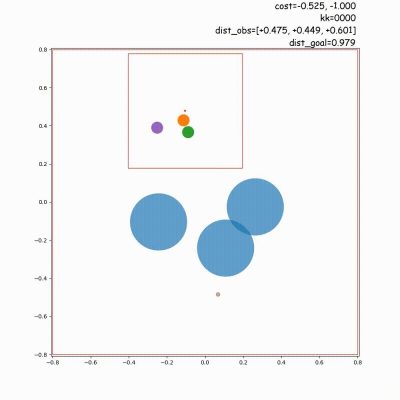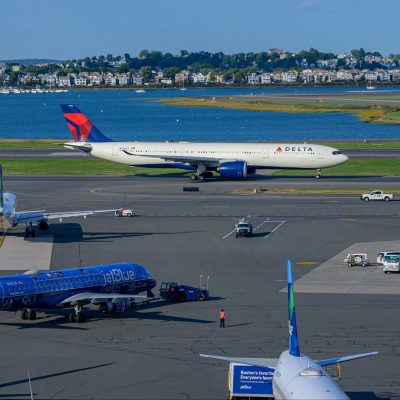
Rare event modeling with self-regularized normalizing flows: What can we learn from a single failure?
Researchers in REALM explore ways to learn from system failure with a new algorithm for efficiently learning models of rare events using a small number of data points. The researchers apply their algorithm to analyze failures in robotics and transportation networks, including an analysis of the 2022 Southwest Airlines scheduling crisis.
Authors: Charles Dawson, Van Tran, Max Li, and Chuchu Fan
Citation: International Conference on Learning Representations (ICLR) 2025
Abstract:
Increased deployment of autonomous systems in fields like transportation and robotics have seen a corresponding increase in safety-critical failures. These failures can be difficult to model and debug due to the relative lack of data: compared to tens of thousands of examples from normal operations, we may have only seconds of data leading up to the failure. This scarcity makes it challenging to train generative models of rare failure events, as existing methods risk either overfitting to noise in the limited failure dataset or underfitting due to an overly strong prior. We address this challenge with CalNF, or calibrated normalizing flows, a self-regularized framework for posterior learning from limited data. CalNF achieves state-of-the-art performance on data-limited failure modeling and inverse problems and enables a first-of-a-kind case study into the root causes of the 2022 Southwest Airlines scheduling crisis.

